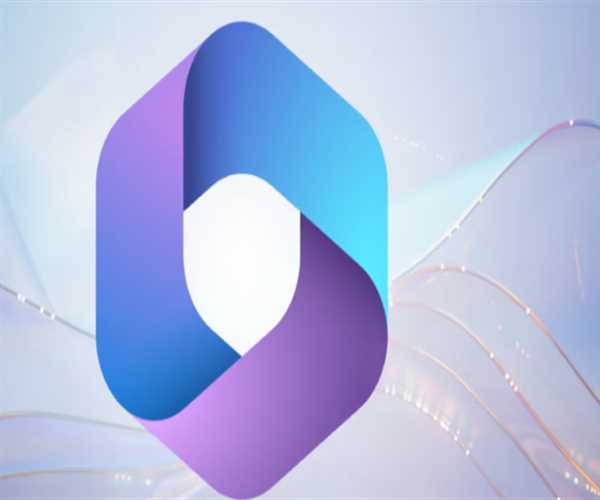Born out of a partnership between GitHub and OpenAI, Copilot integrates advanced natural language processing capabilities, reminiscent of Chat Generative Pre-trained Transformers (GPTs), to assist developers in writing code more efficiently. In this blog, we will explore the capabilities of Microsoft Copilot, its potential impact on the software development landscape, and the synergy it creates with Chat GPT.
Understanding Microsoft Copilot:
Microsoft Copilot is an AI-powered code completion tool developed to assist programmers during the coding process. Leveraging the capabilities of OpenAI's GPT-3, Copilot interprets natural language queries and provides relevant code suggestions in real-time.
How Copilot Works:
Copilot works by analyzing the context of the code being written and generating code suggestions based on the patterns and structures it has learned from vast amounts of publicly available code. It doesn't merely rely on keyword matching but comprehends the developer's intent and offers contextually relevant code snippets. This advanced understanding is powered by the underlying GPT model, which has been trained on a diverse range of programming languages and coding styles.
Key Features of Microsoft Copilot:
Code Autocompletion:
Copilot suggests entire lines or blocks of code based on the context, reducing the need for developers to manually type repetitive or boilerplate code.
Natural Language Queries:
Developers can write code using natural language queries and receive relevant code suggestions.
Multi-Language Support:
Copilot is proficient in a wide array of programming languages, allowing developers to receive suggestions and generate code in the language of their choice.
Learning from Context:
The tool adapts to the specific coding style and preferences of individual developers. It learns from the context of the code being written and tailors its suggestions accordingly.
Potential Impact on Software Development:
Increased Productivity:
By automating parts of the coding process, Copilot has the potential to significantly boost developer productivity. It allows them to focus on high-level design and problem-solving while letting the AI handle routine coding tasks.
Enhanced Learning Experience:
For novice developers or those learning a new programming language, Copilot serves as an educational tool. It provides real-time feedback and suggests correct code structures, contributing to a more immersive and guided learning experience.
Code Consistency:
Copilot's ability to adapt to a developer's coding style promotes consistency across a codebase. This can be particularly beneficial in collaborative projects, ensuring that the entire team follows similar coding conventions.
Rapid Prototyping:
Developers can quickly prototype ideas and experiment with different code snippets using Copilot's suggestions. This accelerates the development cycle, allowing for faster iteration and testing.
Synergy with Chat GPT:
The underlying technology powering Copilot shares similarities with Chat Generative Pre-trained Transformers (Chat GPT) developed by OpenAI. Both leverage natural language understanding and generation capabilities to interpret queries and provide contextually relevant responses.
Natural Language Processing (NLP):
Chat GPT, including GPT-3, excel in natural language processing, understanding context, and generating coherent responses. Copilot inherits this capability, allowing developers to communicate with the AI tool using natural language queries.
Contextual Understanding:
Both Copilot and Chat GPT demonstrate a high degree of contextual understanding. They can generate responses that take into account the broader context of the conversation or code being written, enabling more meaningful interactions.
Adaptability:
The adaptability of GPT-based models is evident in Copilot's ability to learn from the developer's coding patterns. Similarly, Chat GPT can adapt to diverse conversations and user inputs, making them versatile tools in understanding and generating human-like text.
Challenges and Considerations:
While the potential benefits of Microsoft Copilot are substantial, there are considerations and challenges to be mindful of:
Code Quality:
Copilot generates code based on existing patterns, which may not always result in the most optimized or secure solutions.
Over Reliance on Autocomplete:
There's a risk of developers becoming overly reliant on Copilot's autocomplete suggestions, potentially hindering the deeper understanding of programming concepts. It is crucial to strike a balance between leveraging AI assistance and actively engaging in the coding process.
Privacy and Security:
The use of AI tools like Copilot raises concerns about the privacy and security of the code being processed. Organizations and developers should carefully consider the implications and take appropriate measures to safeguard sensitive information.
Conclusion:
Microsoft Copilot represents a significant leap forward in the integration of AI with software development workflows. By harnessing the power of Chat GPT, Copilot provides a glimpse into the future of coding, where developers collaborate seamlessly with intelligent AI assistants. The tool's potential to enhance productivity, promote consistent coding practices, and facilitate a more intuitive learning experience underscores its importance in the evolving landscape of software development.




Leave Comment